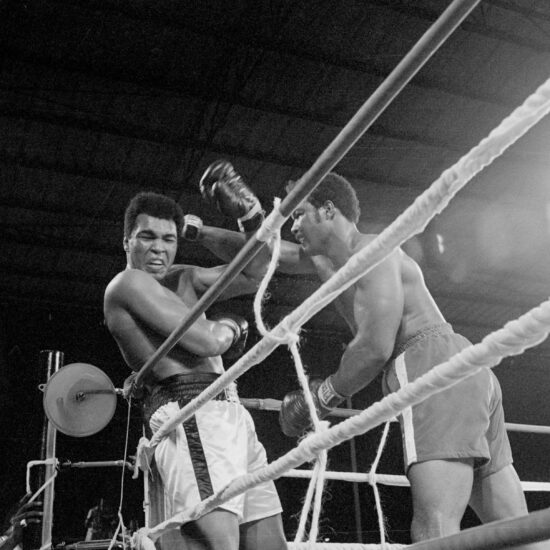
The Rumble in the Jungle
In one of the most iconic and celebrated heavyweight fights, Muhammad Ali and George Foreman clashed in Zaire in 1974.
Untold stories and rarely seen images of the Black experience

In one of the most iconic and celebrated heavyweight fights, Muhammad Ali and George Foreman clashed in Zaire in 1974.
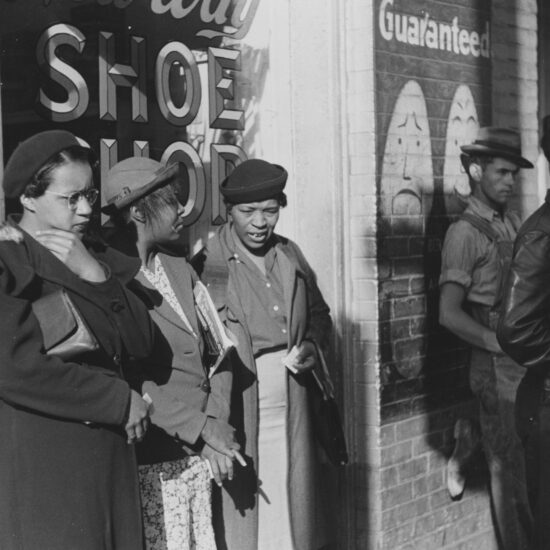
The everyday lives and struggles of Black women in Atlanta reveal the roots of their activism.
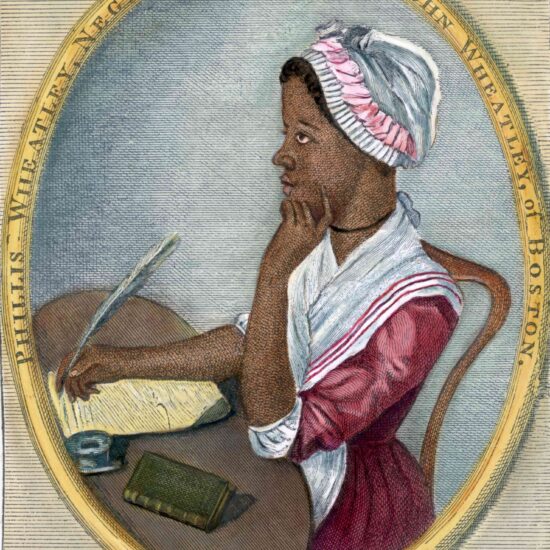
From Phillis Wheatley Peters to Ida B. Wells-Barnett, leading Black women activists defined their public images through their portraits to advance their ideas.
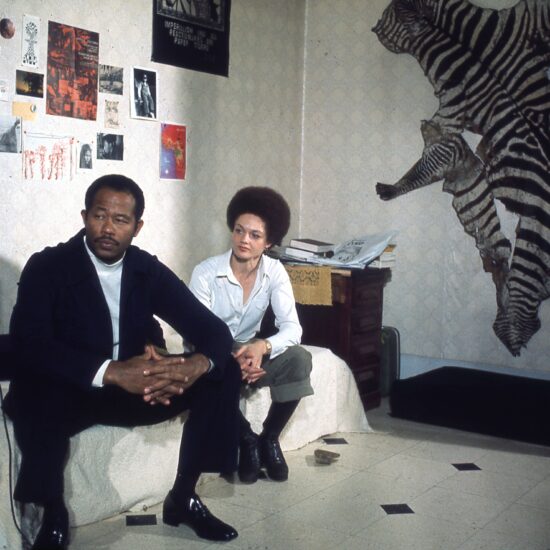
Author of Soul on Ice and one of the most recognized activists for Black internationalism, Eldridge Cleaver went from militance to obscurity.
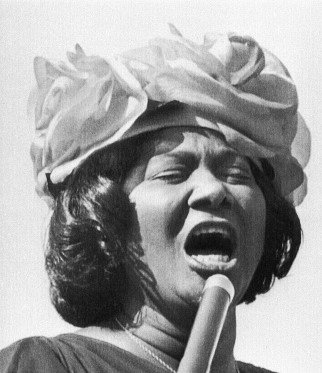
A photograph of Mahalia Jackson in 1964 offers a window on the role of music in the civil rights movement.
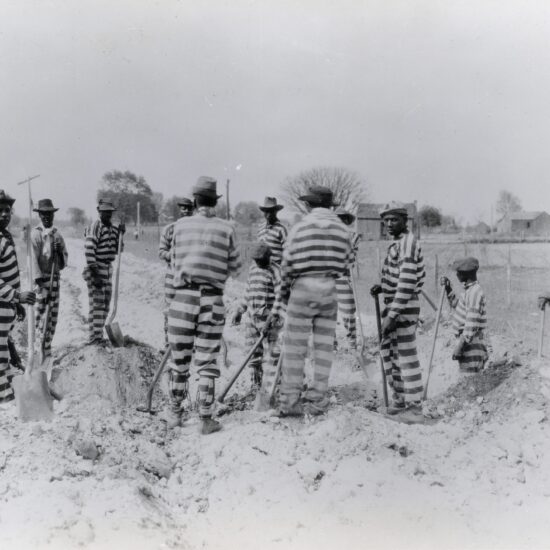
Slavery ended in 1865. But many Black Southerners remained unfree laborers under the convict leasing system.
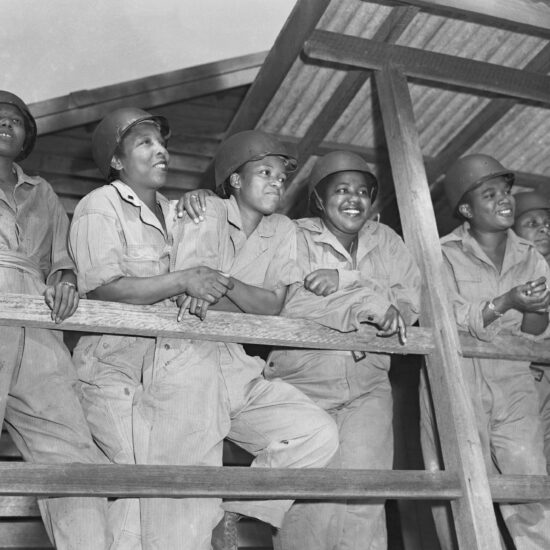
Hoping to court Black voters in the 1948 Presidential election, President Harry Truman issued Executive Order 9981, an act that significantly changed the armed forces and the Black experience in America.
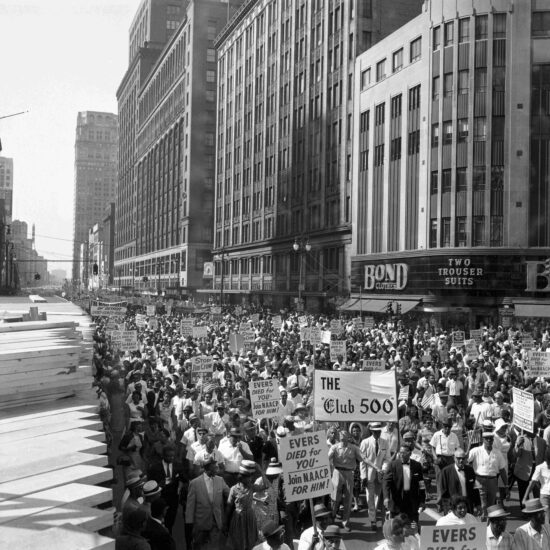
For one day in June 1963 Detroit was the center of the civil rights movement.
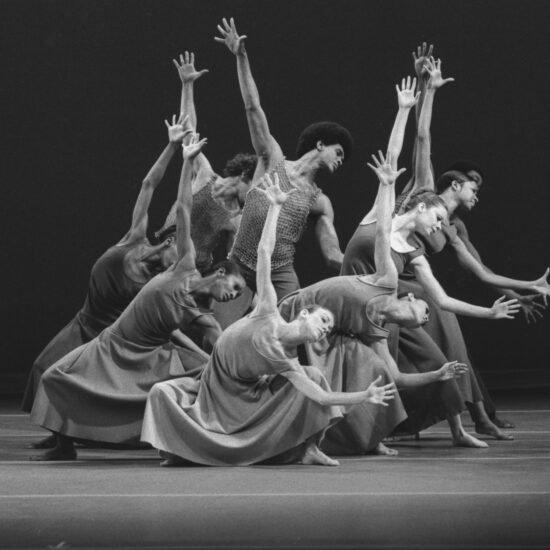
The famed choreographer used his art to emphasize the universal resonance of African American stories.
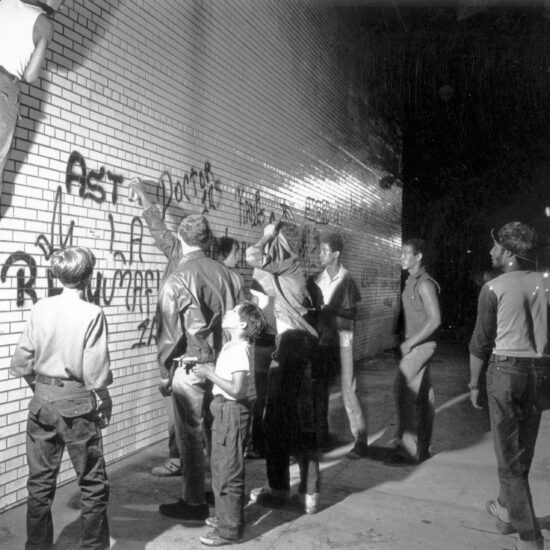
“Coming to a Wall Near You!” From the 1960s to 1980s, Black teenagers in Philadelphia convinced the world that graffiti wasn’t vandalism, but public art rooted in protest and self-expression.